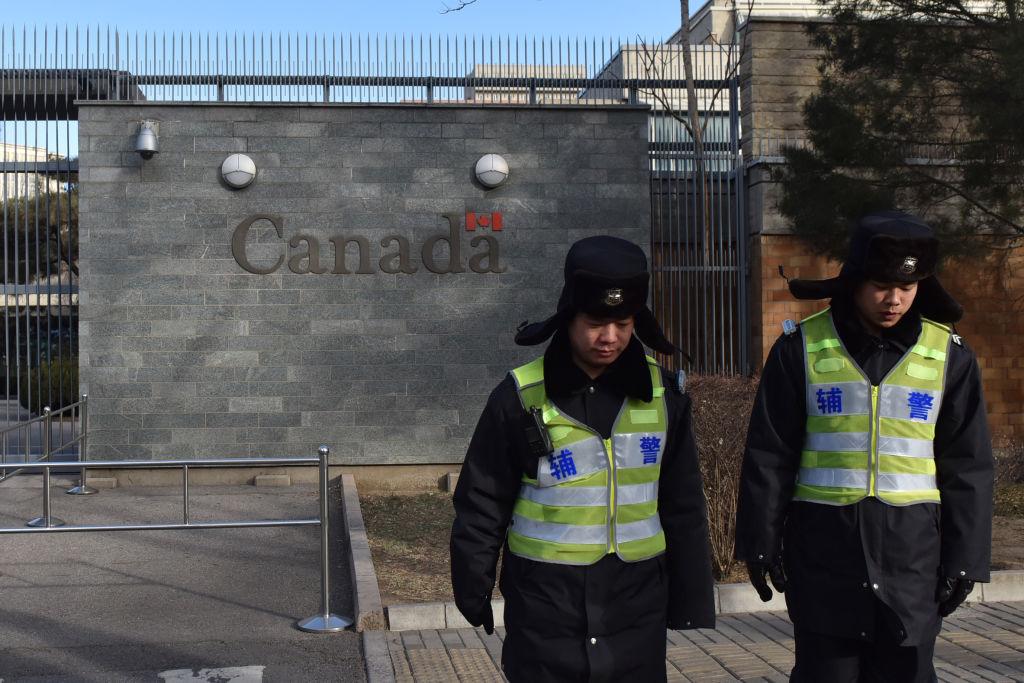Nearly four in five Canadians say they do not have a positive view of China, according to a poll released Tuesday.
Forty-seven percent of Canadians have a “very unfavourable” view of China, while 30 percent hold a “mostly unfavourable” view, a new survey (pdf) released by Angus Reid Institute (ARI) found.





